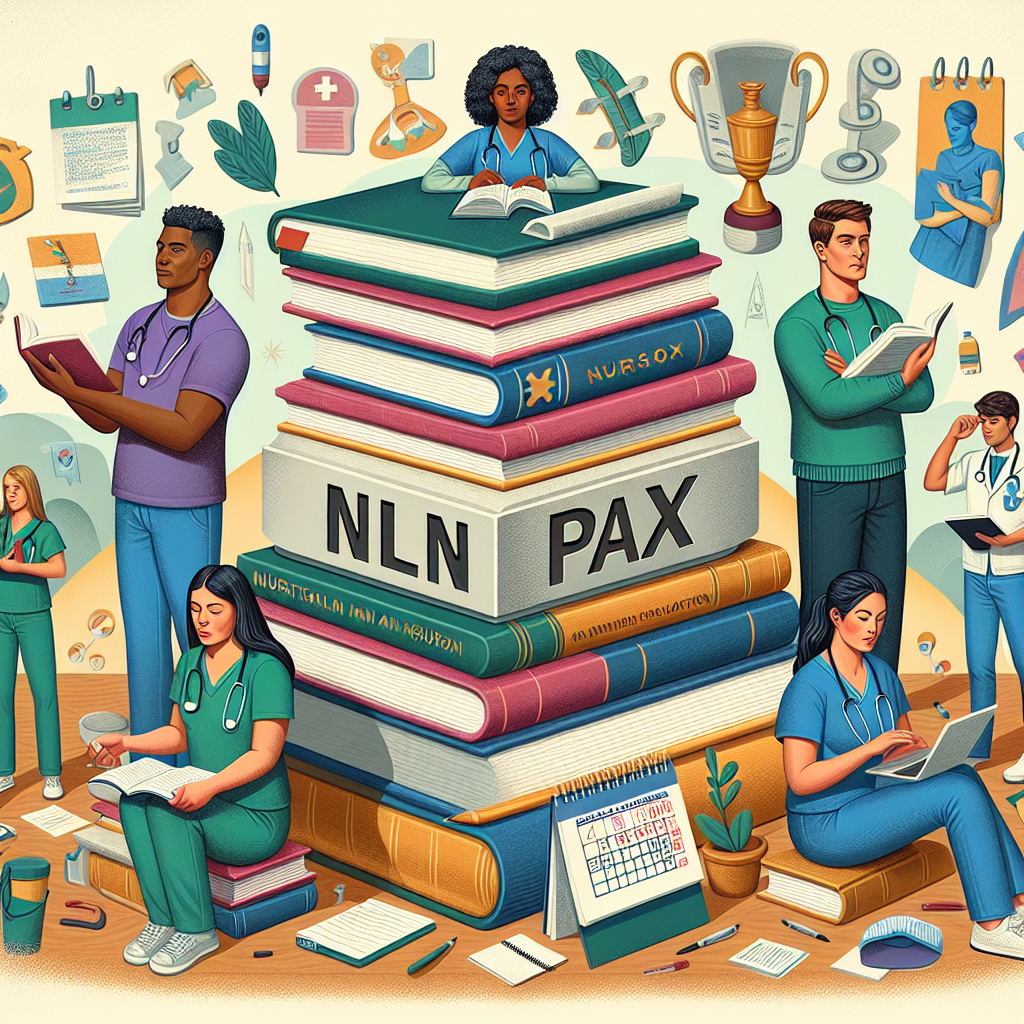The National League for Nursing Pre-Admission Examination (NLN PAX) is a critical stepping stone for aspiring nursing students aiming to secure their place in competitive nursing programs. Among the various sections of this exam, the mathematics portion can be particularly challenging for many candidates. Understanding the types of math questions you will encounter on the NLN PAX is crucial for effective preparation and successful performance. This article provides a detailed exploration of the math topics featured on the NLN PAX exam, helping you to focus your study efforts for optimal results.
Overview of Math Topics on the NLN Pax Exam
The math section of the NLN PAX exam is designed to assess a candidate’s quantitative reasoning skills, fundamental to the nursing profession. This section covers a broad range of mathematical concepts, ensuring that examinees have a well-rounded understanding of essential math skills. The questions are structured to evaluate your ability to solve problems effectively, manage time efficiently, and apply mathematical principles in practical scenarios.
Primarily, the exam covers three major areas: algebra, geometry, and arithmetic. Each of these areas is essential for a comprehensive understanding of mathematics in the context of healthcare. Algebra questions test your ability to manipulate equations and understand functions, while geometry questions focus on spatial reasoning and the properties of shapes. Arithmetic questions assess your numerical fluency and ability to perform basic calculations quickly and accurately.
The math section not only tests theoretical knowledge but also your ability to apply these principles in real-world situations. This means that while memorizing formulas is helpful, understanding how to use them in practice is crucial. Preparing for this section requires a strategic approach, where you familiarize yourself with the types of questions you may encounter and practice using resources like the NLN PAX practice tests available at nlnpax.com.
Algebra Concepts You Need to Know for the Exam
Algebra is a significant component of the NLN PAX math section, encompassing a variety of concepts that are fundamental to problem-solving. You will encounter questions that require you to solve linear equations, work with inequalities, and understand functions. These questions test your ability to manipulate algebraic expressions and apply logical reasoning to reach correct solutions.
One of the key algebraic skills tested is the ability to solve equations and inequalities. This involves understanding how to isolate variables, work with both simple and complex equations, and apply the principles of equality and inequality. Additionally, you should be comfortable with interpreting and analyzing functions, which may include recognizing patterns and understanding the relationships between variables.
A solid grasp of algebraic concepts is essential not only for the NLN PAX exam but also for your future nursing career, where these skills are often applied in clinical settings. To prepare effectively, consider utilizing study guides and practice tests available at nlnpax.com, which can provide you with a structured approach to mastering algebra for the exam.
Essential Geometry Skills for NLN Pax Success
Geometry questions on the NLN PAX exam are designed to assess your spatial reasoning and understanding of shapes and their properties. This section requires you to apply geometric principles to solve problems involving angles, lines, circles, and polygons. You may also encounter questions that test your ability to calculate area, volume, and perimeter, which are vital skills in various healthcare scenarios.
Understanding the properties of different geometric figures is crucial for this part of the exam. For example, knowing the characteristics of triangles, the Pythagorean theorem, and the relationships between angles can greatly assist in solving geometry problems. Additionally, being able to visualize and manipulate shapes mentally can enhance your ability to tackle these questions efficiently.
To excel in the geometry section, practice is key. Working through sample questions and problems helps reinforce your understanding and improve your speed and accuracy. Resources such as those found on nlnpax.com can provide valuable practice materials and tips for mastering geometry concepts on the exam.
Understanding Arithmetic for the NLN Pax Test
Arithmetic is the foundation of the NLN PAX math section, focusing on basic mathematical operations and numerical fluency. This part of the exam assesses your ability to perform calculations involving addition, subtraction, multiplication, and division. You will also need to understand fractions, percentages, and decimals, which are commonly used in nursing calculations.
A strong grasp of arithmetic is essential for success on the NLN PAX, as it forms the basis for more complex mathematical concepts. Being able to quickly and accurately perform basic calculations can significantly enhance your performance, particularly under the time constraints of the exam. Additionally, understanding how to convert between fractions, decimals, and percentages is a critical skill tested in this section.
To hone your arithmetic skills, consistent practice is essential. Engaging with practice questions and timed quizzes can help improve your speed and confidence in handling arithmetic problems. Make use of online resources and practice tests available at nlnpax.com to ensure you are well-prepared for this crucial aspect of the exam.
In conclusion, the math section of the NLN PAX exam requires a solid understanding of algebra, geometry, and arithmetic. Each of these areas plays a vital role in assessing your quantitative reasoning and problem-solving abilities, which are crucial for a successful nursing career. By familiarizing yourself with the types of questions you will face and practicing regularly using resources like those available at nlnpax.com, you can enhance your readiness and confidence for the exam. With thorough preparation and a strategic approach, you can achieve success on the NLN PAX math section and take a significant step toward your nursing aspirations.






